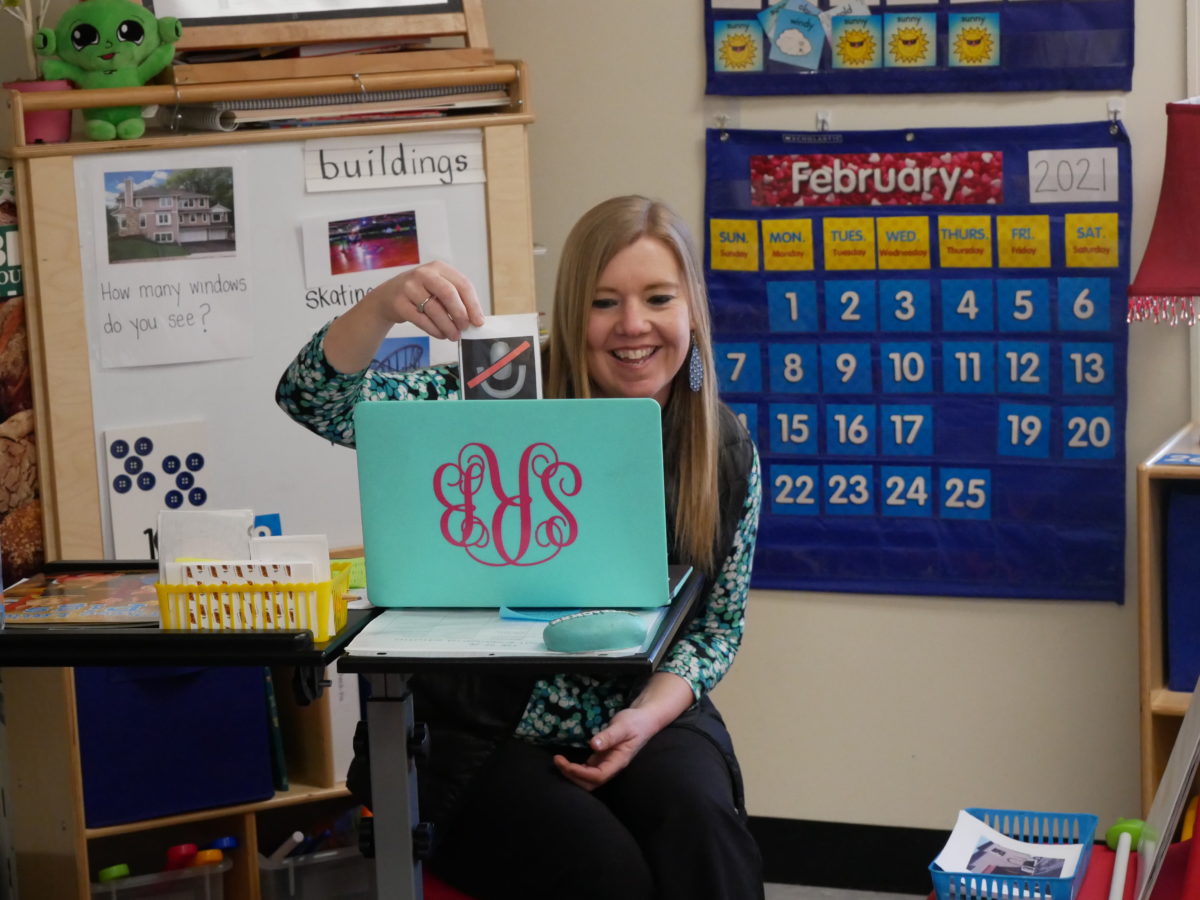
Across the country, educators are finishing a school year unlike any other. The COVID-19 pandemic forced educators to adapt their instruction and leadership and dramatically reshaped interactions with students, families, and colleagues.
In this difficult time, the high levels of educator stress and burnout raise concerns about the possibility of large numbers of teachers and principals leaving education (e.g. for another profession, to care for family members). This potential attrition could have long-term, adverse implications for students and schools.
To provide evidence on the initial impacts of the pandemic on North Carolina’s public school workforce, we assessed teacher and principal attrition in North Carolina public schools (NCPS). Our analyses reveal four key results.
1. We found that overall attrition rates for North Carolina’s teachers and principals were lower during the pandemic than in prior years.
For example, 1,500 fewer teachers left NCPS and 1,350 fewer teachers transferred to another NCPS between February and September 2020 (relative to the prior year). Fears of higher rates of educator attrition have not yet been realized in North Carolina. This finding is consistent with studies from several other states, where teacher attrition is also down during the pandemic. Likewise, this finding fits with research showing that, on average, fewer people leave their jobs during economic downturns. Although this decrease in attrition is positive for schools, it is important to note that the absence of increased attrition does not mean the absence of a problem. Educators are feeling stress and burnout and will need supports from district and state officials as North Carolina emerges from the pandemic.
2. While attrition rates are generally down, we found that older and retirement-eligible educators were more likely to exit NCPS during the pandemic than in previous years.
This result makes sense from a health and economic perspective—i.e. these educators faced increased health risks, due to age, and were already eligible to receive full retirement benefits. While it is possible that these educators would have exited NCPS soon, regardless of the pandemic, their attrition means the loss of veteran educators and their important contributions to schools.
3. We found that schools serving more students of color and more economically disadvantaged students saw larger reductions in teacher departures.
For example, between February 2020 and February 2021, 1,120 fewer teachers left a NCPS serving a high percentage of students of color relative to prior years. Teacher attrition rates in these high-priority environments were higher pre-pandemic than in schools serving fewer students of color or fewer economically disadvantaged students, and they remain higher now, but the gaps in these attrition rates narrowed during COVID-19. In order to achieve equitable outcomes for students, state and district policymakers in North Carolina should seek to sustain this progress in reducing teacher attrition in high-priority schools.
4. We found that rates of educator departures were related to the reopening plan of the school.
Schools beginning the 2020-21 year fully remote had larger reductions in teacher departures than schools beginning the year in a hybrid model. Likewise, schools that opened and remained fully remote through January 2021 had reductions in within-year departures while schools that opened remotely but switched to hybrid instruction had increased within-year departures. These results suggest that educators were responsive to their schools’ operational status and its implications for their health, stress, workload, and job satisfaction.
We hope these analyses inform state and local education officials and inspire action — throughout the summer and into the 2021-22 school year — to support the well-being, development, and retention of North Carolina’s educators.
Teacher and principal attrition lower during pandemic in NC - EducationNC - EdNC
Read More


Tidak ada komentar:
Posting Komentar